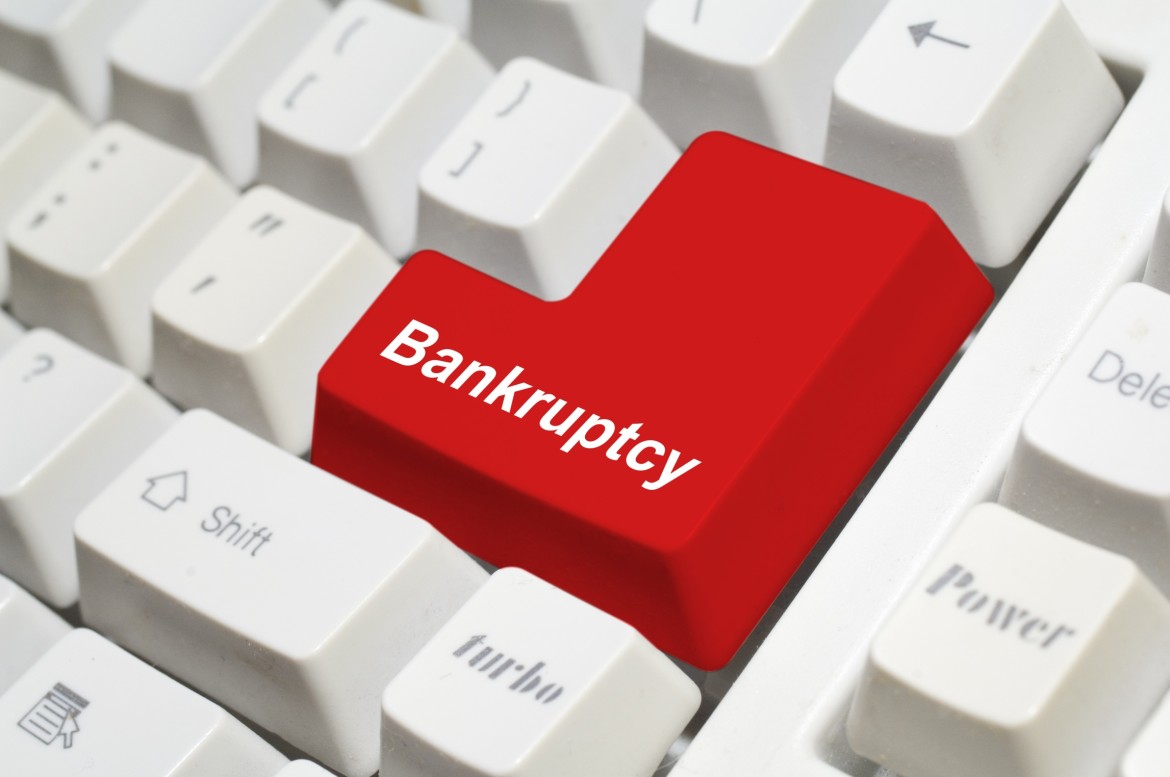What is Bankruptcy in Real Estate and Options to Explore
 With all financial uncertainties today’s market is volatile, so seeing some homeowner going into bankruptcy or already in it is not that uncommon.
With all financial uncertainties today’s market is volatile, so seeing some homeowner going into bankruptcy or already in it is not that uncommon.
Should you make it to the listing? Before reaching a final decision, it would be wiser to know what you are getting into. Though bankruptcy makes transaction quite complicated, you can still expect a fruitful deal.
Foreclosure vs. Short Sale
Sellers who are in bankruptcy owe more than what their home is worth. Sellers are more likely to prefer a short sale over a foreclosure. This is an attempt to maintain a cleaner credit record. However, they often miss the point that the negative consequences of a bankruptcy can adversely affect the advantages of a short sale.
It is also notable that short sale can expedite the owner’s exit from the house. On the other hand, a foreclosure allows them to stay in the house for longer by buying them time and protection from creditors.
For these reasons, attorneys are more likely to suggest foreclosure instead of a short sale. It is not wise to disobey the advice of bankruptcy attorney. However, if the seller still opts for a short sale and desires to go through the deal, a short sale could be more reasonable.
What if the Seller has Home Equity?
This is not always true that bankrupt owners do not have any equity. If there is equity, bankruptcy can actually help the owner since they can use the automatic stay period to seal a better deal.
It nevertheless decreases the owner’s urgency to finalize a sale. In a competitive market, a not fully committed seller may make your acquisition process much harder. When the seller is committed, it is a win-win situation for everybody, though.
From a Buyer’s Perspective…
When you decide to purchase home from a bankrupt seller, it is a matter of challenge, also. If the bankruptcy filing is out there after both parties entered an agreement, the order itself would not revoke the contract. However, if the seller is unable to meet the closing date or other deadlines, the buyer can prefer to opt out of the deal.
If the buyer still wants to go ahead with the buying process, the transaction can take place only if the bankruptcy trustee and the seller are equally motivated. However, there are many complexities involved with these transactions; so the buyer should consult a bankruptcy attorney.
Also, buying a home from a bankrupt builder pertains to the risk of the builder being unable to honor warranty obligations or complete construction.
And there is a Tool for Buyers
In several states, there is an option for “homestead exemption” which enables home owners to protect a part of their home equity when a bankruptcy occurs. If you are not a homeowner who has some savings and facing bankruptcy, you should work with the attorney to determine whether an exemption in your favor is possible. You may be able to invest a partial amount of your saving in a house and save it from creditors.